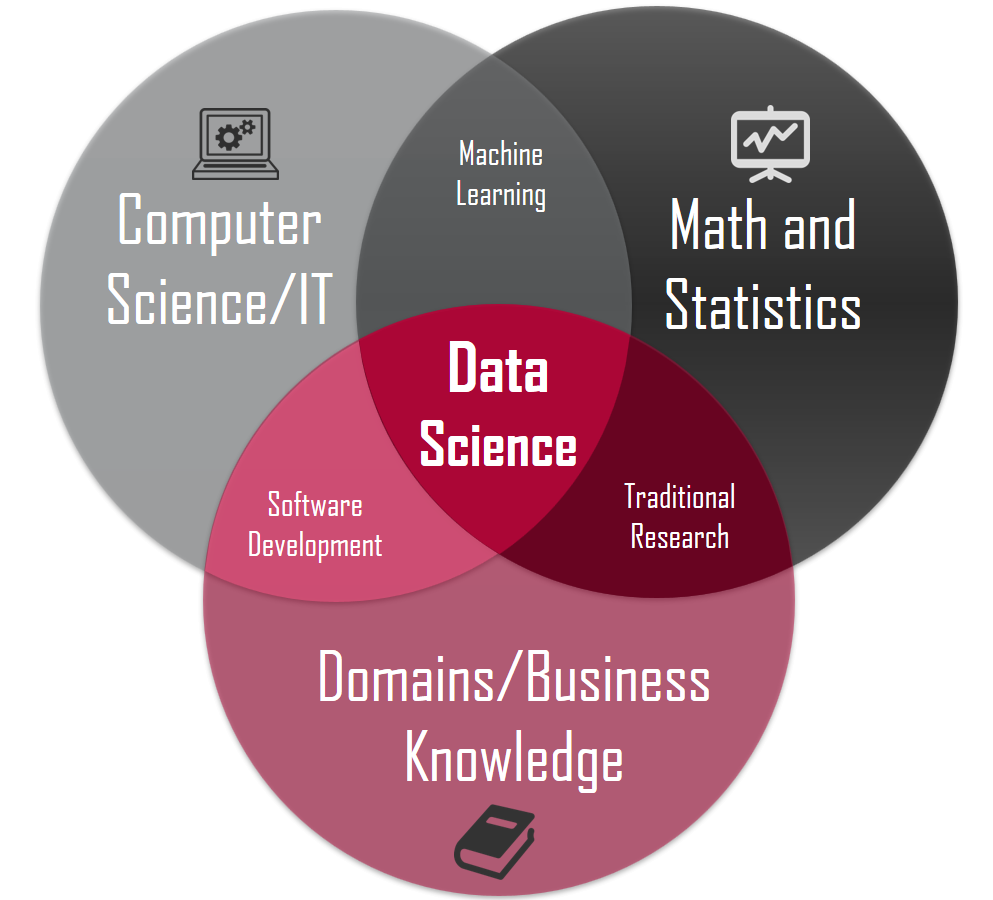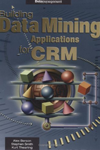
Imagine having your sales team review a 100-tab spreadsheet every time they want to find the number of customers in a certain industry. It helps your team work more efficiently.
#DATA MINING FOR BUSINESS ANALYTICS VERIFICATION#
For example, banks can use software to identify data trends that look like fraudulent behavior and automatically block accounts within seconds, notify a responsible individual, or request additional verification from users.Įven if you have a person manually reviewing the data, you can speed up the decision-making process by having data mining processes in place that turn the big data into more digestible fragments. Instead of needing a person to review everything and decide on a course of action, you can automate certain decisions. It results in faster, automated decision-making. Instead, you can find your most pertinent data each time you access the tool, negating the need to export and compile spreadsheet after spreadsheet of raw numbers. If you’re using a tool such as Operations Hub to track your data, you often don’t have to look at the raw numbers at all or create reports from scratch each time. Data mining allows you to automatically tell the valuable information apart and construe it into actionable reports. It allows you to easily find the most important data.īig data has some really useful information in it, but there's also a lot you don't need and that would hinder analyses rather than help. Some of the benefits of data mining include: 1. It also gives you insights in a much more relevant and timely manner. When done well, data mining can bring a significant advantage by providing business intelligence you wouldn't otherwise have access to. It helps you gather accurate data about your customers.It helps your team work more efficiently.It results in faster, automated decision-making.

It allows you to easily find the most important data.It takes everything that’s overwhelming about analyzing and managing big data and makes it much more accessible and easier to understand. And when you start learning about data management, you come across all this technical jargon and complex definitions that seem to make it all the more complicated. Most businesses wish they could take better advantage of their data to make better, more informed decisions - but that is much easier said than done.īig data is a veritable gold mine in what it has to offer, but managing, analyzing, and deriving insights from it presents a lot of challenges, too.


Data mining is the process of analyzing big amounts of data to find trends and patterns.


 0 kommentar(er)
0 kommentar(er)
